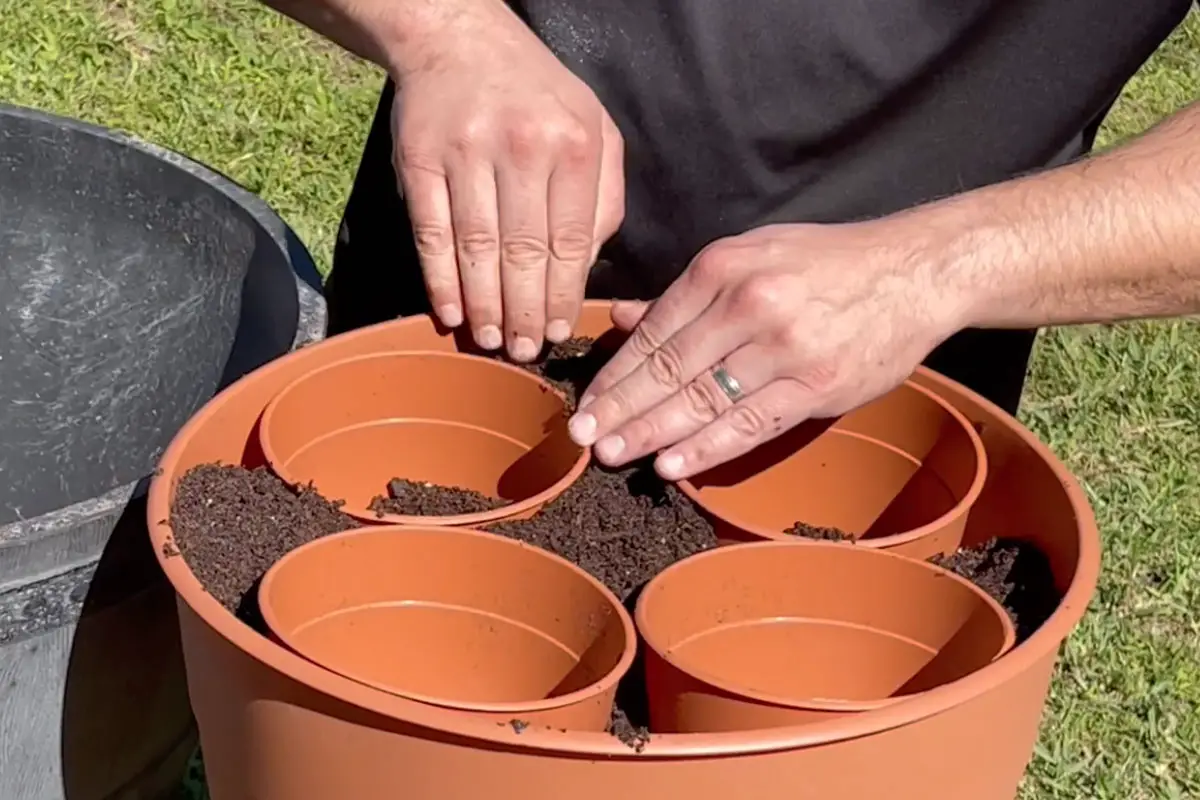
Brilliant Container Gardening Tip (Video)
Watch the video below for an easy trick on how to plant your containers! Container gardening is an important aspect of any gardener’s life. Whether you live in a place …

Watch the video below for an easy trick on how to plant your containers! Container gardening is an important aspect of any gardener’s life. Whether you live in a place …
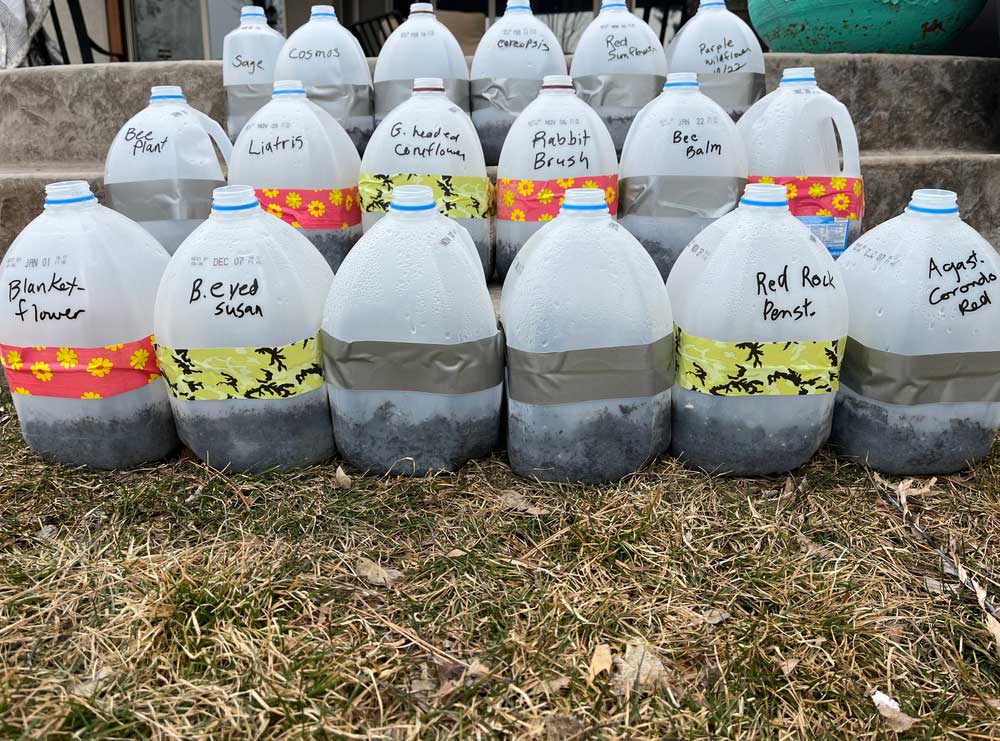
Want to get a head start on your spring garden? Winter sowing might be exactly what you’re looking for! This budget-friendly seed-starting method lets you work with nature’s cycles to …
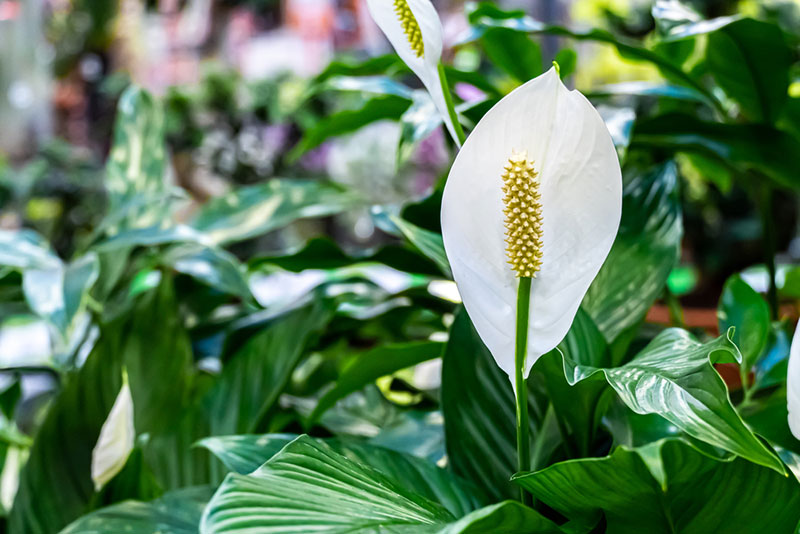
Not everyone has the time or energy to care for high-maintenance plants, but that doesn’t mean you can’t enjoy the greenery and beauty they offer. Sometimes the best plants are …
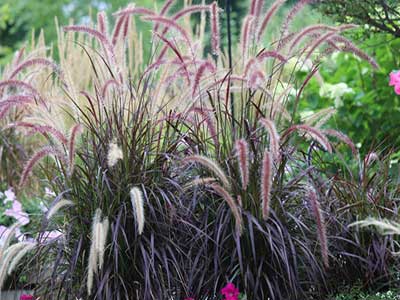
As we approach the end of summer, you may find your container gardens looking a bit tired and lackluster. But don’t despair! With a few simple tricks and techniques, you …
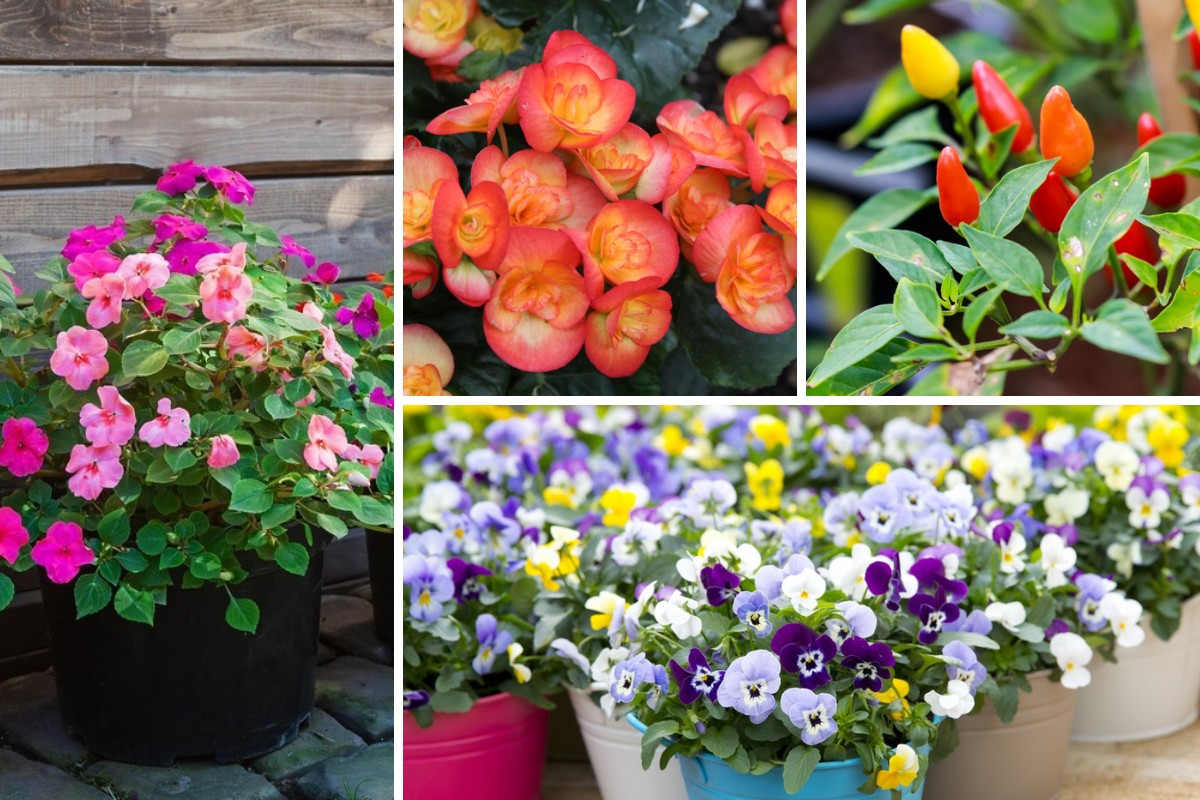
Container gardening is a great way to spruce up a room, add color to a space and add a warm, welcome to your home. They look just as lovely inside …
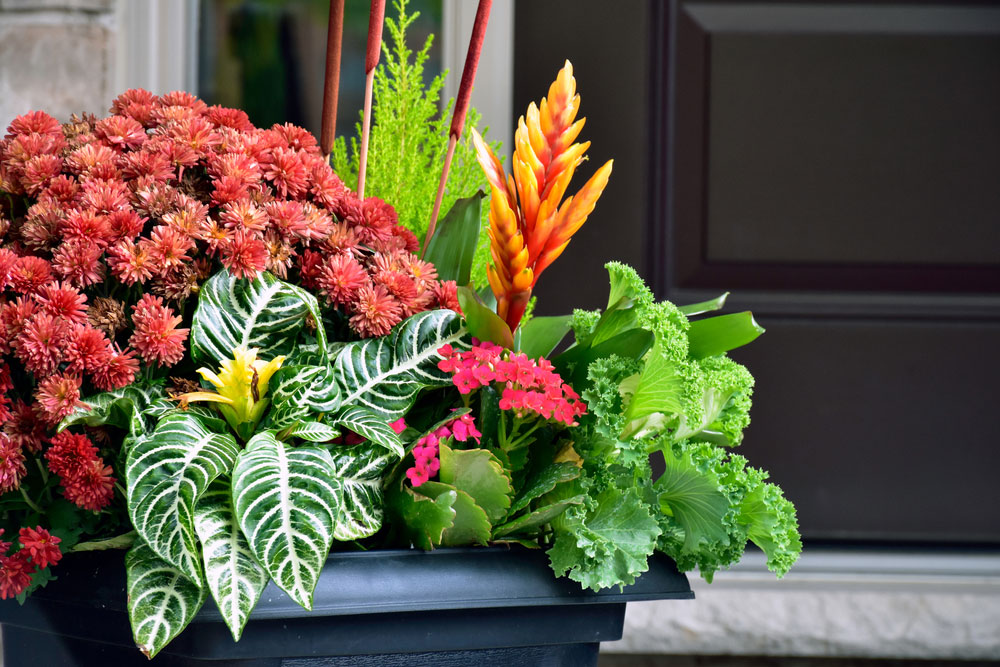
A container garden is the perfect choice for those who have limited outdoor space in which to plant a garden. For example, people who only have a concrete area, such …
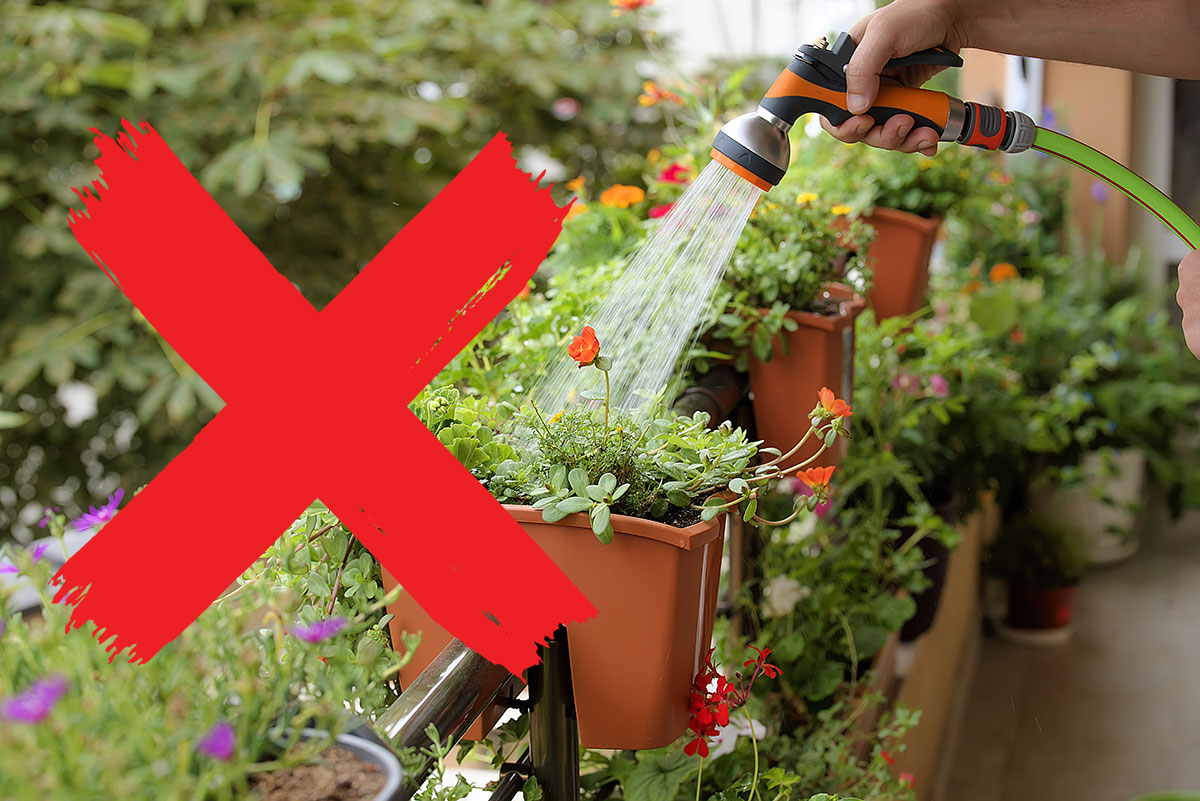
Having a plant is not just about adding a touch of green to your living space. It involves taking care of another living being and ensuring its well-being. This responsibility …
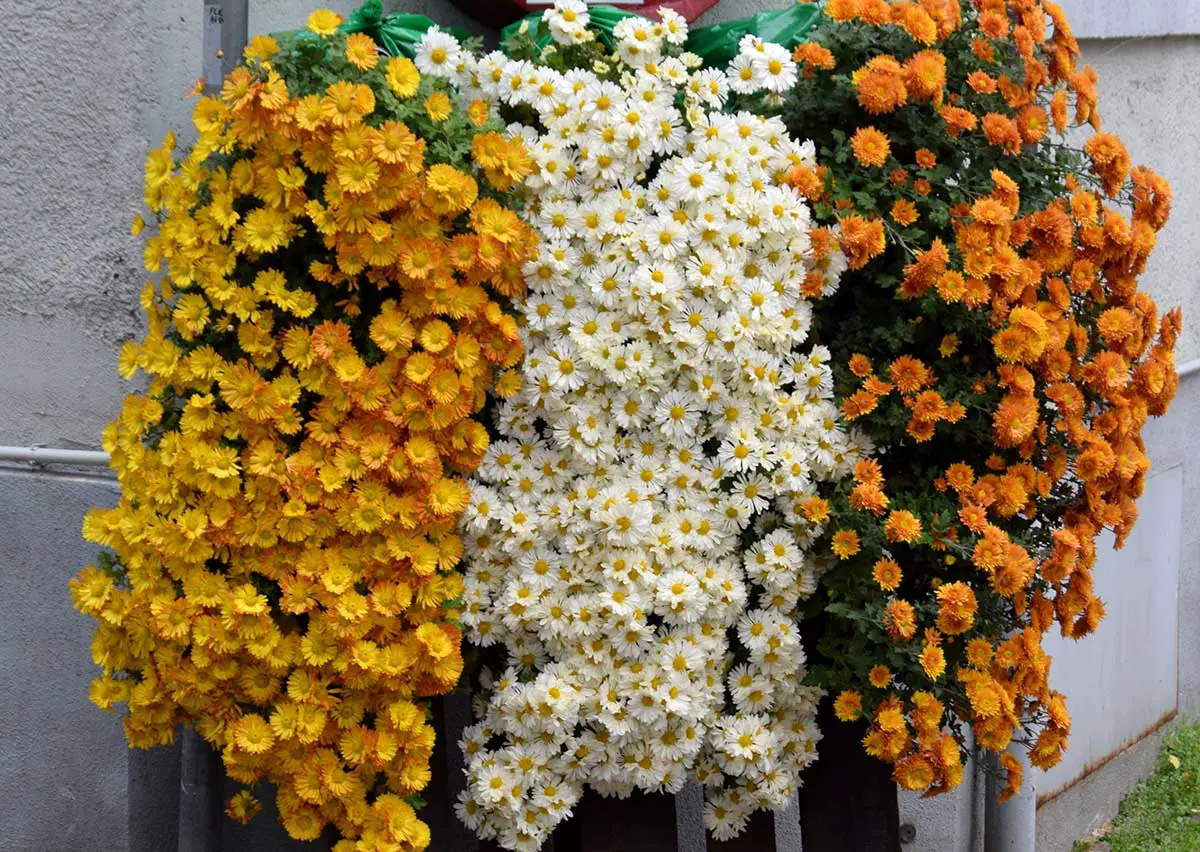
Whether you live in a house or an apartment, window boxes are a way to add plant life around the exterior of your home when you lack the space for …
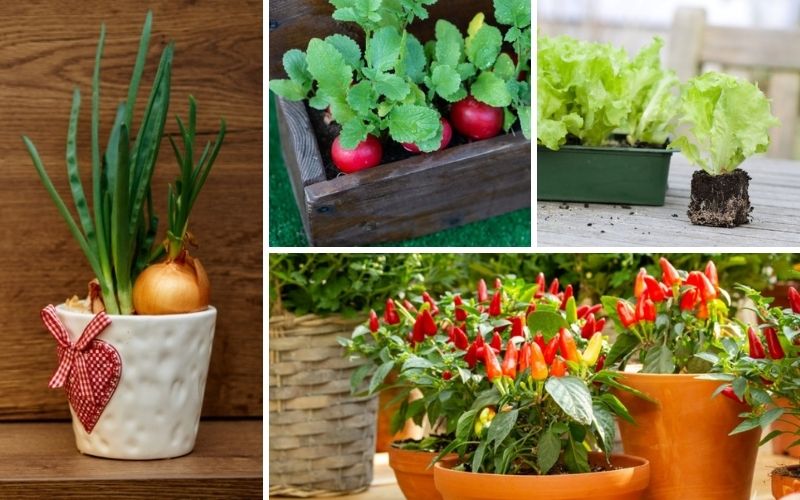
Not everyone has the space for a full-sized vegetable garden. Even if you do, you may have other limits to growing a garden in the ordinary sense. Luckily, container gardens …
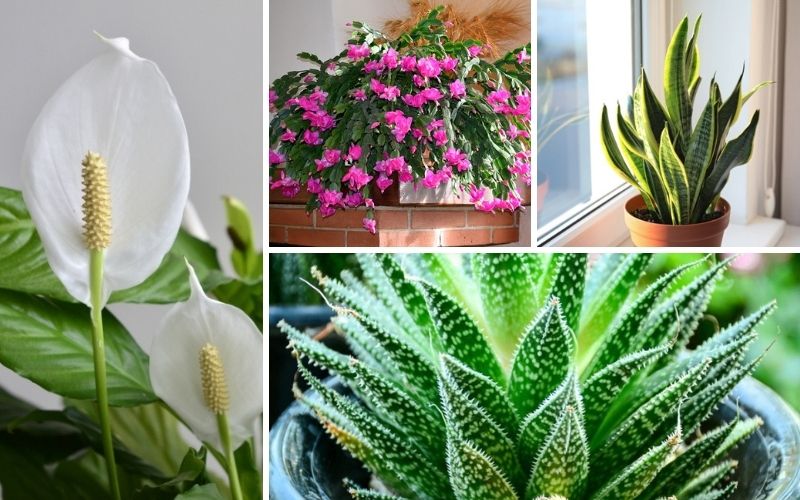
With the spring weather rolling in and the beautiful flowers popping up in lawns and home improvement stores, it is normal to want a plant of your own. Even if …
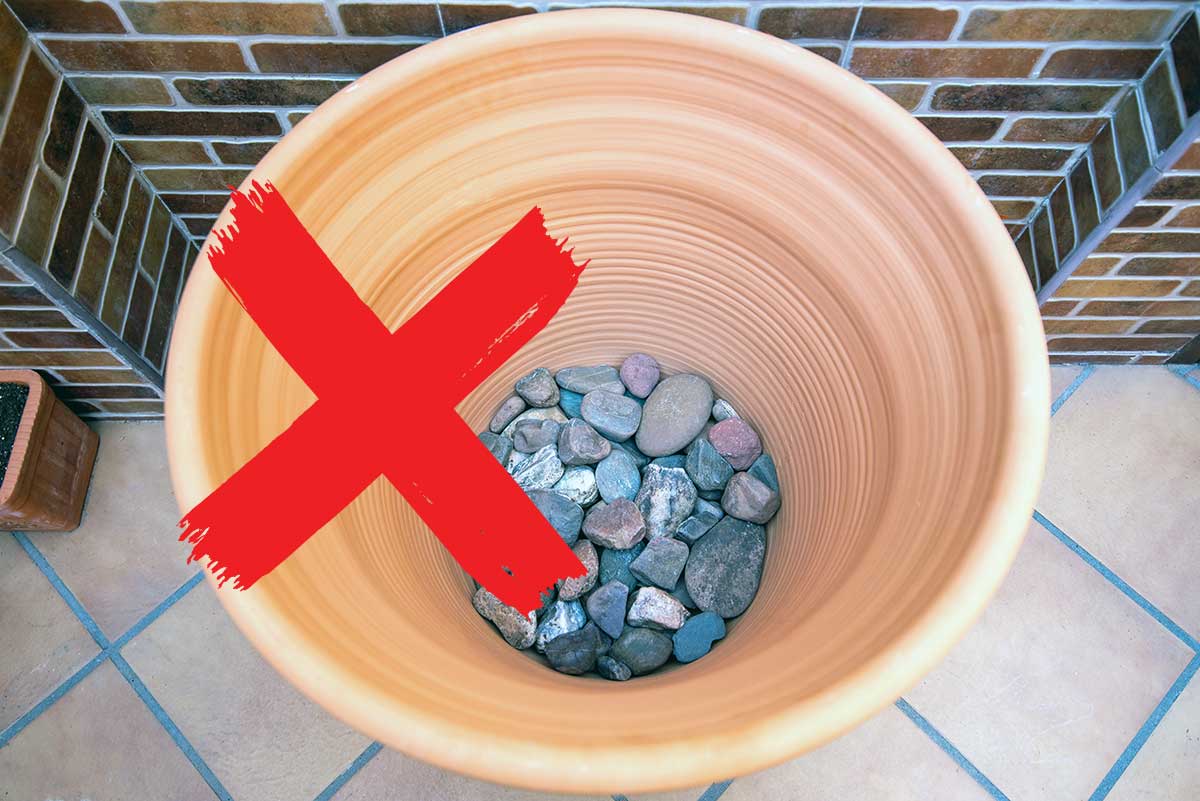
You were probably told to put rocks on the bottom of a pot to enhance drainage. However, this is a popular misconception. Let’s discuss why and what you should do …
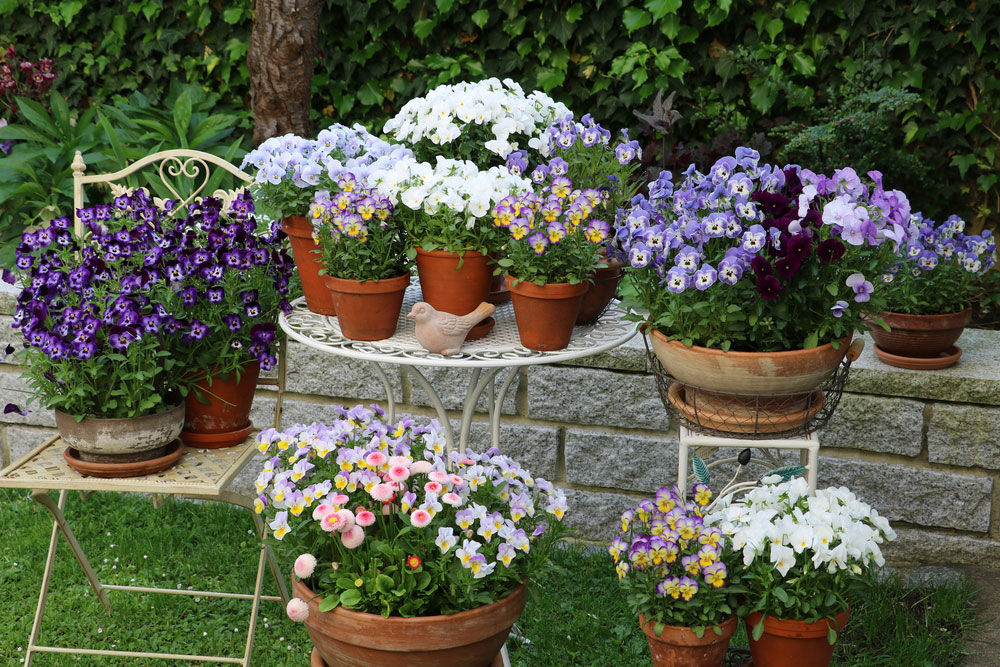
The options for pots and plant containers are endless. You can go traditional, or you can create a unique planter out of almost anything that will contain soil. But how …
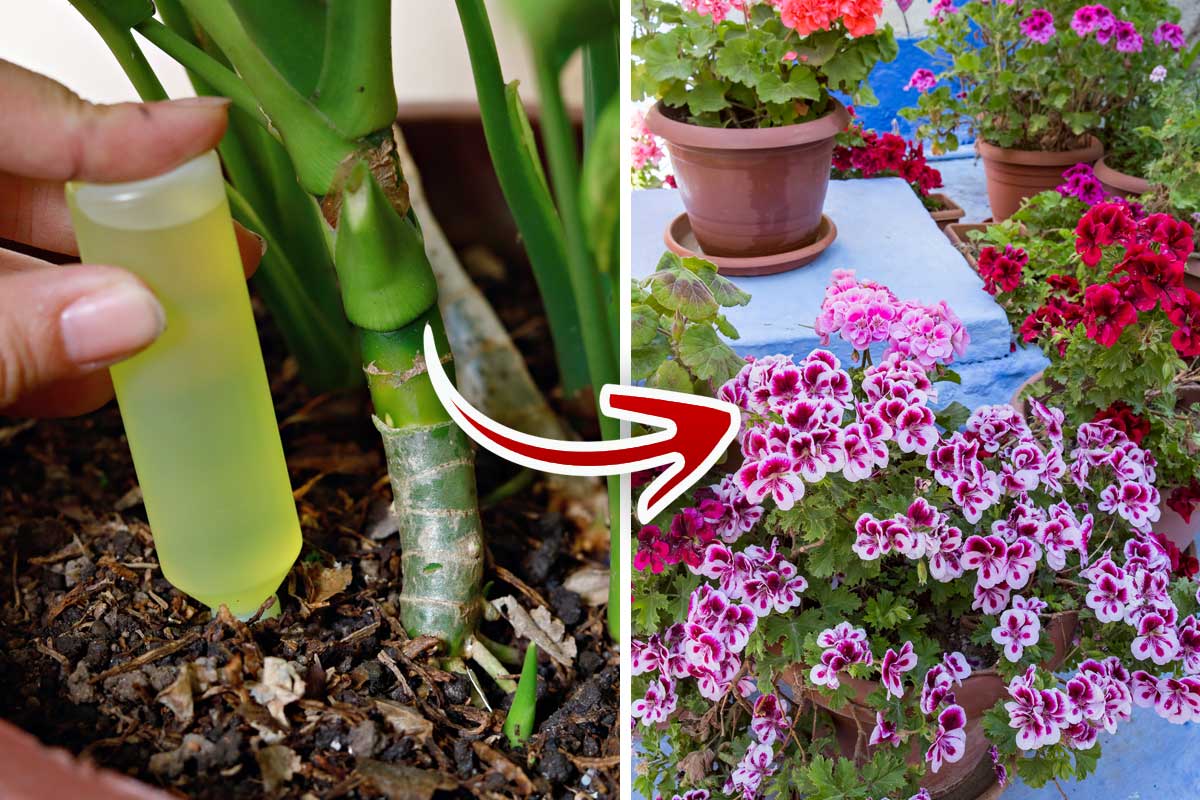
Potted plants require special care to flourish and thrive. This is totally different from plants that are planted in the ground and can go in search for the nutrients they …
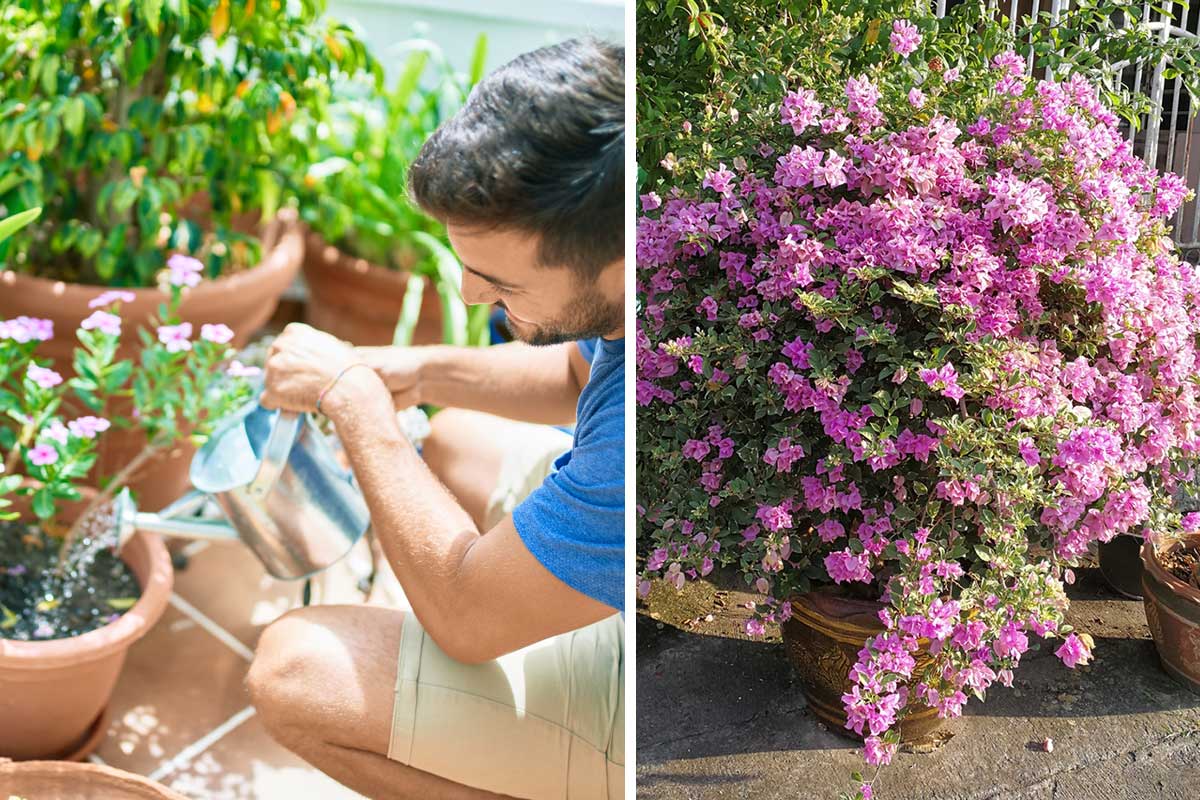
Container gardens are an excellent option when you are limited on space or the soil in your area is unsuitable for gardening. Growing flowers and vegetables in containers are similar …
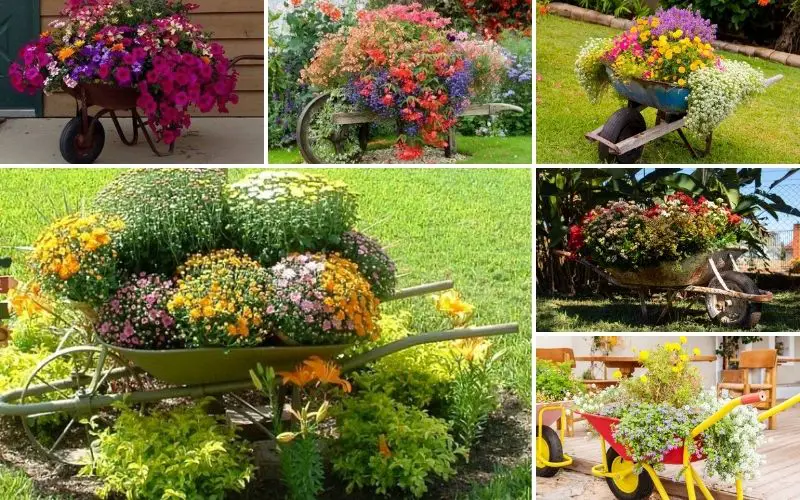
Did you know that any old wheelbarrow can become a spectacular new planter for your garden? With a little bit of effort and style, you can create your own unique …
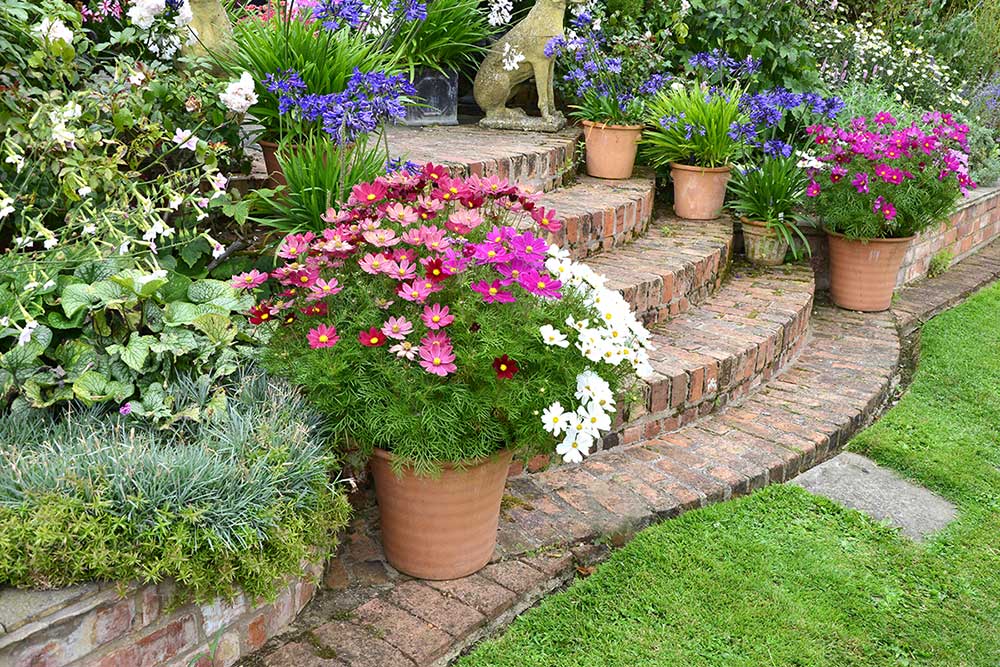
Container gardens allow you to grow flowers and vegetables in areas where the soil is unsuitable for gardening or when you have limited space. They range from simple hanging baskets …
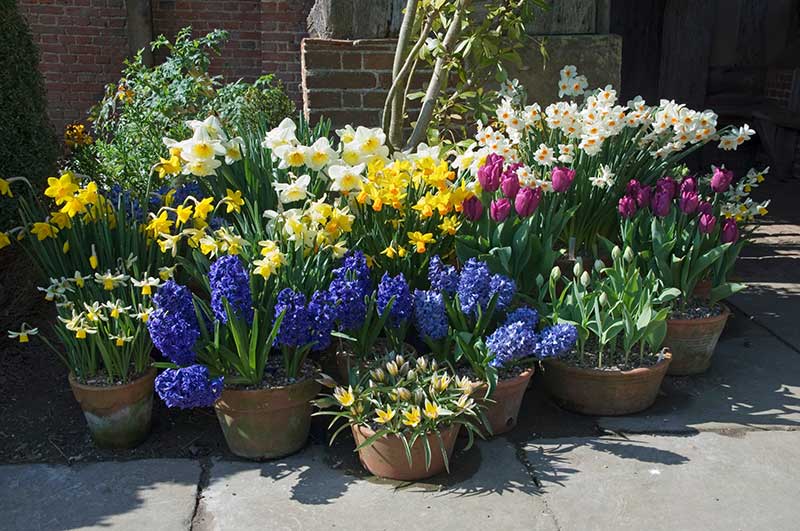
Container gardens offer so much to gardeners of all levels. There’s so many advantages to using a container garden, and it’s so easy almost anyone can have one. Ready to …
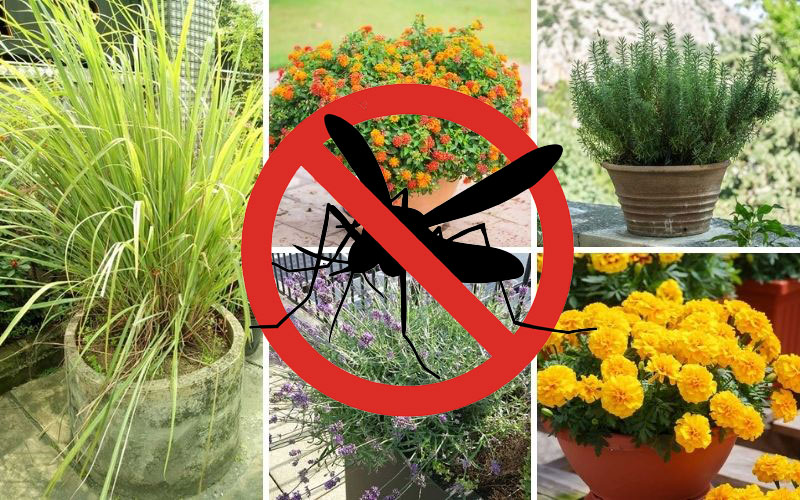
Summer is fast approaching, and with it comes the vampiric pests that everyone hates: Mosquitoes. If you have a backyard, going out in it during the predawn and dusk hours …
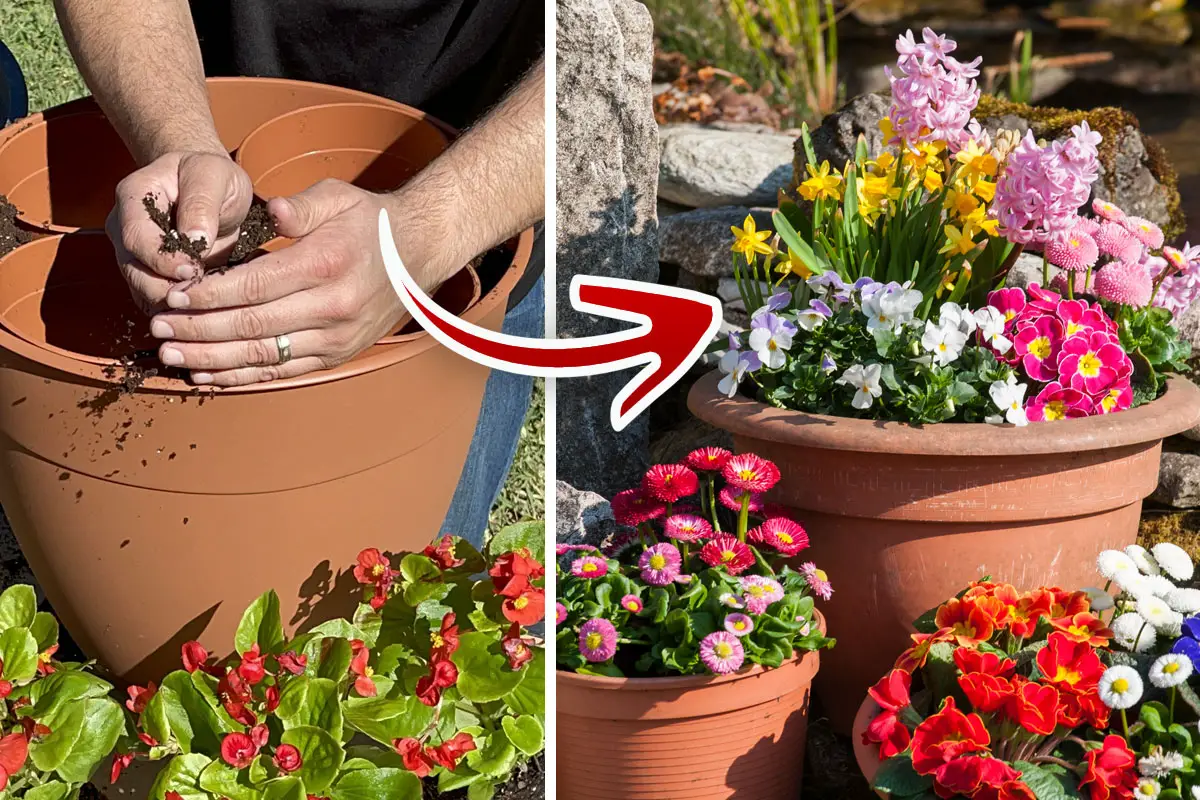
While it’s easy enough to start a container garden to fill awkward spaces and work around poor soil, not everyone knows how to design one that will be attractive and …
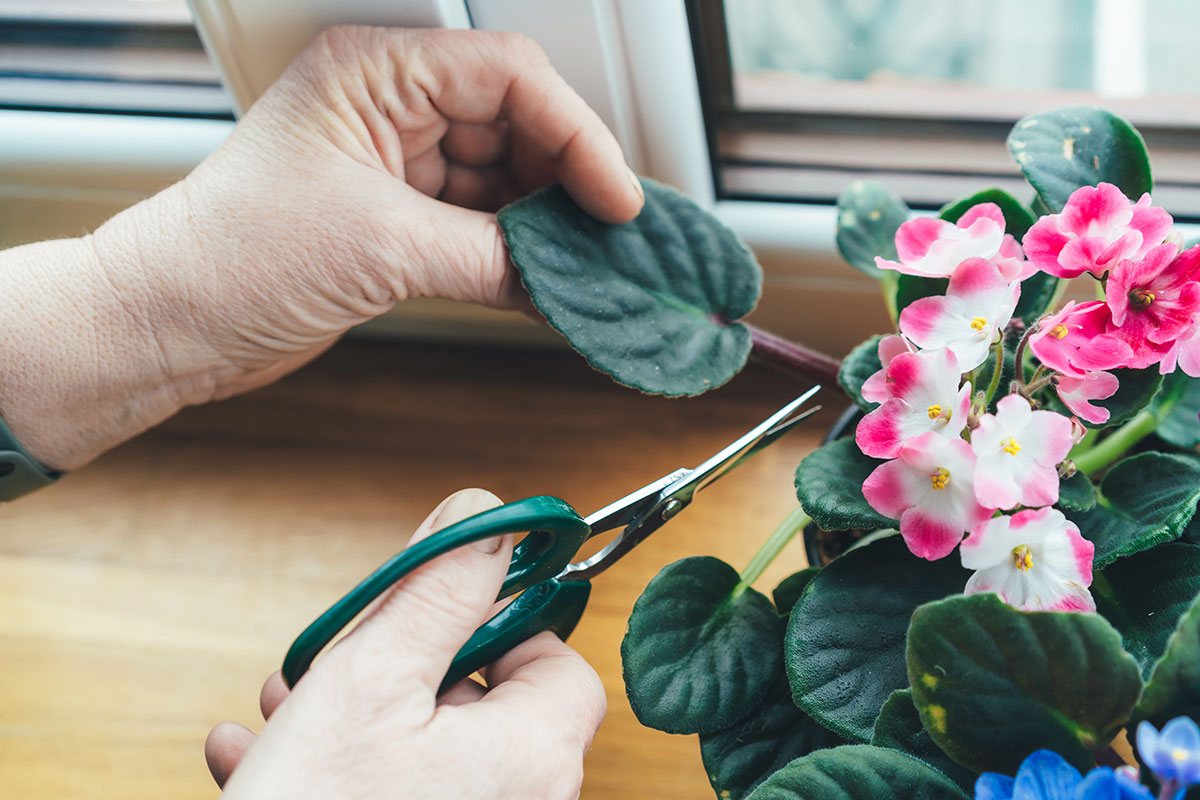
Whether you’re a seasoned home gardener or you’re just discovering the pleasures of house plants, growing plants from cuttings is one of the most exciting and valuable experiences you can …